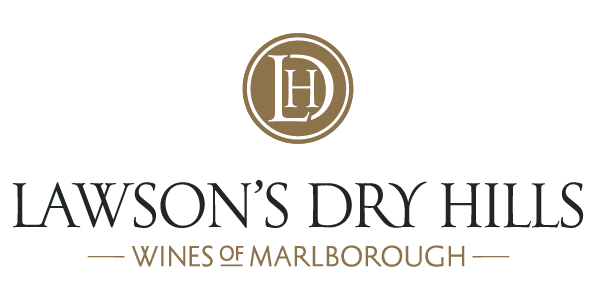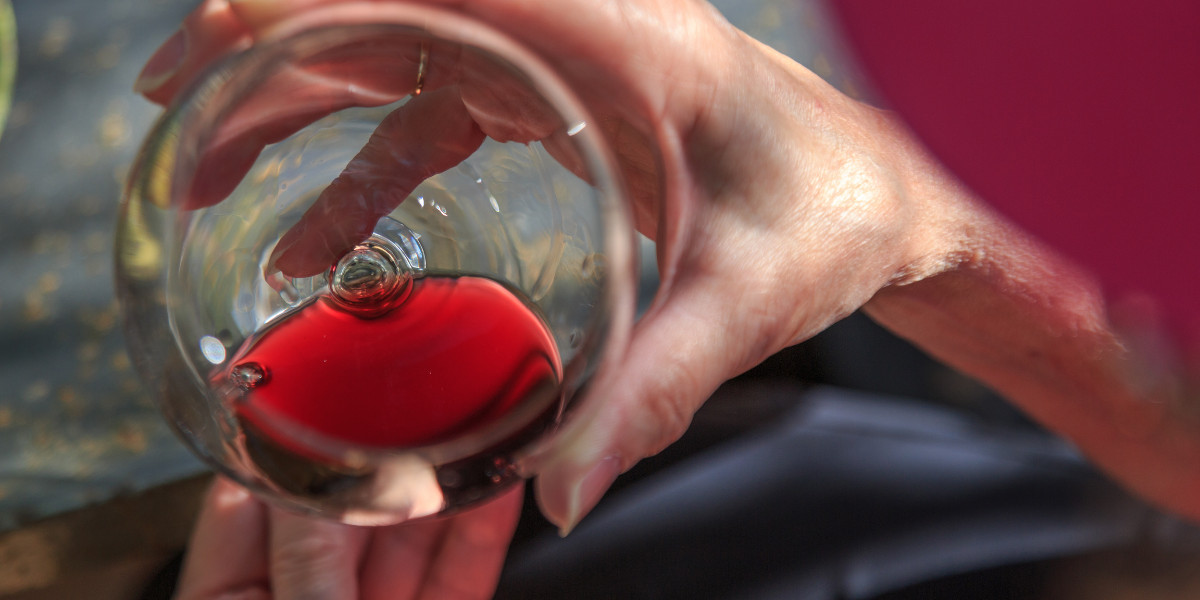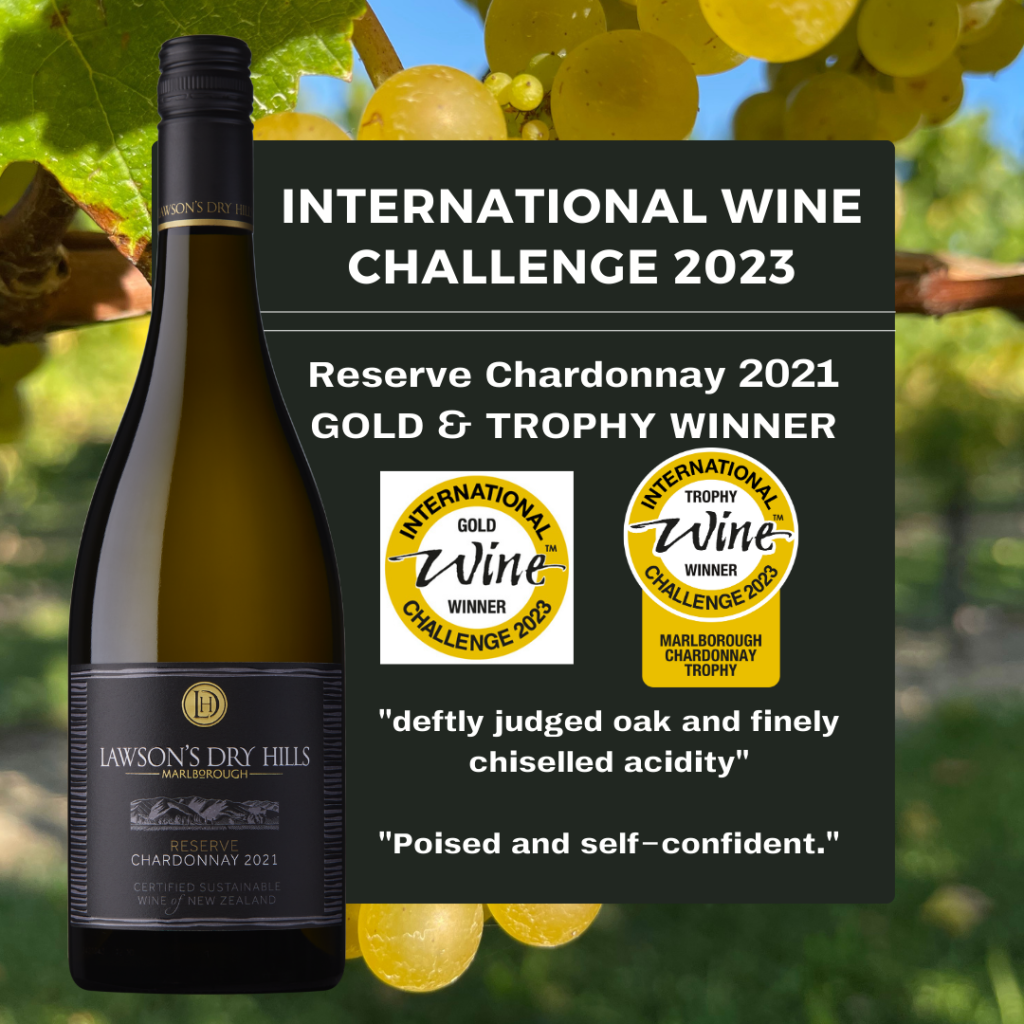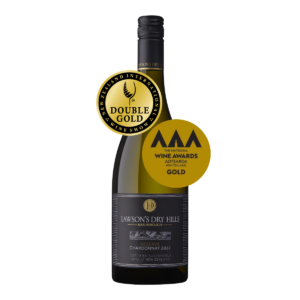Can you drink everything you read?
The move to online media has seen an evolution – some would say a decimation – of quality writing. As print circulations fall and the internet is populated by opinion and exaggeration, we’re becoming ever more skeptical about what we read and wine is not immune from the changes.
For today’s writers, the internet seemingly offers free reign for anyone to express their opinions unhindered by editors, lawyers or publisher’s reputations. So when it comes to wine reviews, who can you trust? The fact is, advertising funds publishing, whatever the media, and advertising spend is moving from print and television to online. Without that income stream, many credentialed writers have been laid off from leading publications, while others have risen from the shadows as the weband social media offer them a platform.
Yet wine writing and reviews are more important than ever in the online era. We’re not popping down to our favourite wine store for a chat and a recommendation as much and choosing wine has become more challenging as we’re faced by even more wines from more vineyards. And let’s not forget that wine can be intimidating, with many feeling they need to be knowledgeable when sharing a bottle with friends. So writing must help us make informed purchases and empower us to keep exploring beyond our comfort zones.
One local source of wine writing knowledge is the Wine Writers of New Zealand (WWNZ) , an organization with members comprising writers, reviewers and bloggers. Its mission is, “to encourage excellence and integrity in wine writing.” WWNZ writers sign a Declaration of Independence, which guarantees no outside influences or conflicts of interest influence their opinions or reviews.
As you browse the list of talents in their ranks, most write for highly respected publications – or have created entities of their own. Cameron Douglas MS writes for ‘The Shout’, Michael Cooper has written too many books to mention (okay, 37 and counting), while Joelle Thomson and Jane Skilton MW have their own ‘Independent Wine Monthly’. It should also be noted that Jane Skilton is the leading provider of WSET courses – the UK’s Wine & Spirit Education Trust internationally recognised wine qualifications.
Beyond directories like NZWW, who can we trust? Some may have a qualification or degree to underline their credibility. A ‘Master of Wine’ (MW) is our industry’s benchmark, yet there are precious few in the whole country let alone the wine writing community.
Then there’s the question of objectivity. Many reviewers rely on wine sales to fund their newsletters -and with that funding comes bias. Writers are regularly offered dinners, accommodation and air fares to visit wineries, often to deepen their understanding of the brand, however as they say, there’s no such thing as a free lunch, Integrity does prevail, as Jancis Robinson wrote about in her article ‘The Ethics of Wine Writing’ stating that she has no commercial links with wine companies or any producers.
Blogger Jamie Goode wrote about the ill health of wine writing, saying “The big problem is the continued flight of advertising money away from professionally generated content.”In his ‘wineanorak.com’ blog he explains”The content that attracts advertisers online isn’t professionally produced, it’s user-generated tweets and Facebook posts. The traditional wine writer … making money by actually writing alone, is now very rare.” Noted writer and broadcaster Oz Clarke observed “…in Britain most of the broadsheet newspapers are saying we don’t need a wine column anymore.” Or are they actually saying, we can’t afford one anymore?
In this digital age, communication has undergone a seismic shift. Text messages are riddled with emojis and anacronyms, Facebook posts are defined by short sentences with hyperlinks to longer articles, tweets must be 140 words or less and internet text is often peppered with key words to attract search engines. How would an assessment like, “This wine offers a complex array of aromatics ranging from dark, berry fruits through to savoury forest floor characters” perform in a Google search? (Lawson’s Dry Hills Reserve Pinot Noir, incidentally).
And everywhere we look, there’s this obsession with numbers. “The best 25 chardonnays under $25.” “The top 3 things a winemaker once told me.” Wine evaluation has fallen victim to scores and statisticsever since Robert Parker’s 100-point scoring system rewrote the rules.
When consumers are primarily choosing a bottle of wine for their Saturday night, wouldn’t they rather read “…lots of juicy citrus fruit character, a zingy acidity and great concentration. Some old oak barrel fermentation has contributed to the texture.” (our Reserve Sauvignon Blanc) rather than a simple 94/100?
Looking ahead, what can we expect? As wine sales continue to move from specialist stores to supermarkets, and therefore wine advice at retail becomes harder to find, we need reviewers more than ever, especially those who are knowledgeable, credible and gifted by a turn of phrase and an analytical palate. There are many good reviewers are out there. Keep reading.
